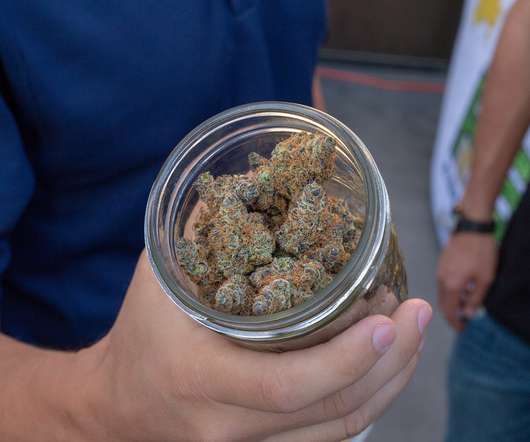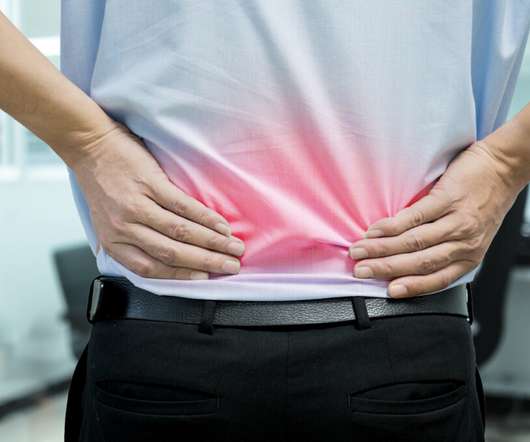9 Marijuana Strains To Help Chronic Pain
MMJ Recs
JUNE 30, 2022
Chronic pain marijuana strains span across sativa, indica, and hybrid breeds. Although research is limited, anecdotal evidence suggests a variety of marijuana strains can be highly effective in bringing chronic pain down to manageable levels. Qualifying conditions for MMJ cards vary from state to state.












Let's personalize your content